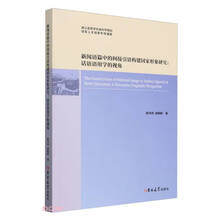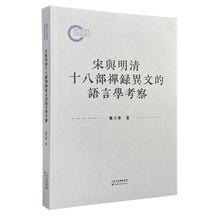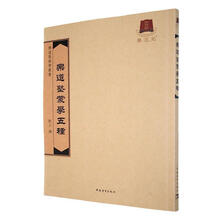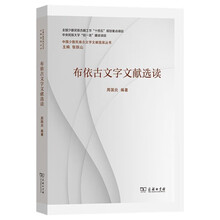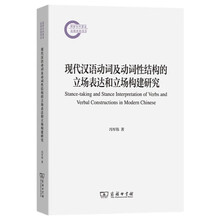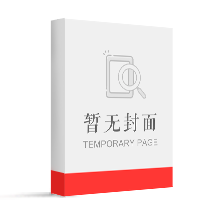Chapter One A Corpus-Paradigm Study of English Syntactic
Pattern Density and Contextural Features
1.1 Introduction
1.1.1 Research Background
1.1.2 Research Purpose
1.1.3 Research Significance
1.1.4 Overall Organization
1.2 Literature Review
1.2.1 Studies by Means of Coh-Metrix
1.2.2 Studies by Means of SWECCL 2
1.2.3 Studies on Connectives
1.2.4 Studies on Readability
1.2.5 Studies on Syntactic Pattern Density
1.2.6 Summary
1.3 Theoretical Framework
1.3.1 Corpus and Corpus Linguistics
1.3.2 Coh-Metrix and Its Working Mechanism
1.3.3 Argumentative Writing
1.3.4 Multidimensional Analysis
1.4 Research Methodology
1.4.1 Research Questions
1.4.2 Research Materials
1.4.3 Research Instruments
1.4.4 Research Procedures
1.5 Data Result and Discussion
1.5.1 Differences in High-Score and Low-Score Writings
1.5.2 Correlations Between Textual Features and Scores
1.5.3 Linear Regression Relationship Between Textual Features and Writing Quality
1.5.4 Summary
1.6 Conclusion
1.6.1 Major Findings
1.6.2 Implications of the Research
1.6.3 Limitations of the Research
1.6.4 Suggestions for Further Research
Chapter Two A Corpus-Based Study of English Lexicon and
Contextual Features
2.1 Introduction
2.1.1 Brief Introduction of TEM-4 and TEM
2.1.2 Aims, Significance and Organization of This Research
2.1.3 Research Questions
2.1.4 Summary
2.2 Literature Review
2.2.1 Reading Comprehension
2.2.2 Lexical Richness
2.2.3 Text Readability
2.2.4 Text Easability
2.2.5 Summary
2.3 Research Methodology
2.3.1 Research Object
2.3.2 Research Instruments
2.3.3 Summary
2.4 Analyses of Lexical Features
2.4.1 Results of Lexical Variation
2.4.2 Analyses of Word Frequency
2.5 Analyses of Contextual Features
2.5.1 Text Readability of Reading Texts of TEM-4 and TEM
2.5.2 Analyses of Text Easability's Principal Components
2.5.3 Summary
2.6 Findings and Conclusion
2.6.1 Research Findings
2.6.2 Discussion of Results
2.6.3 Suggestions Towards Text Assessment
2.6.4 Research Limitations
Bibliography
Appendix
展开

